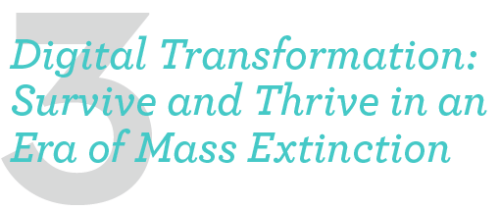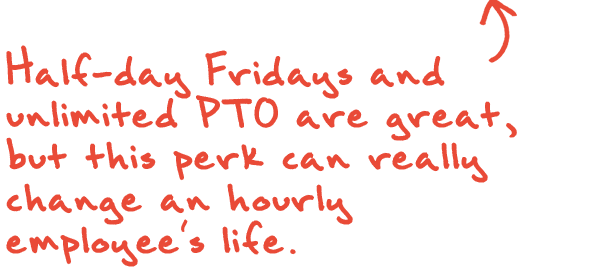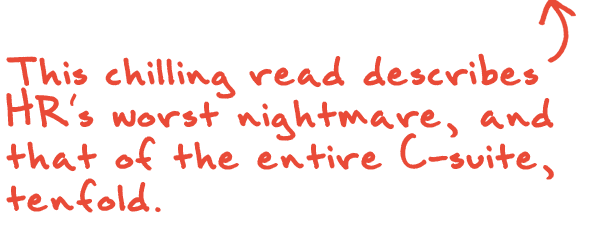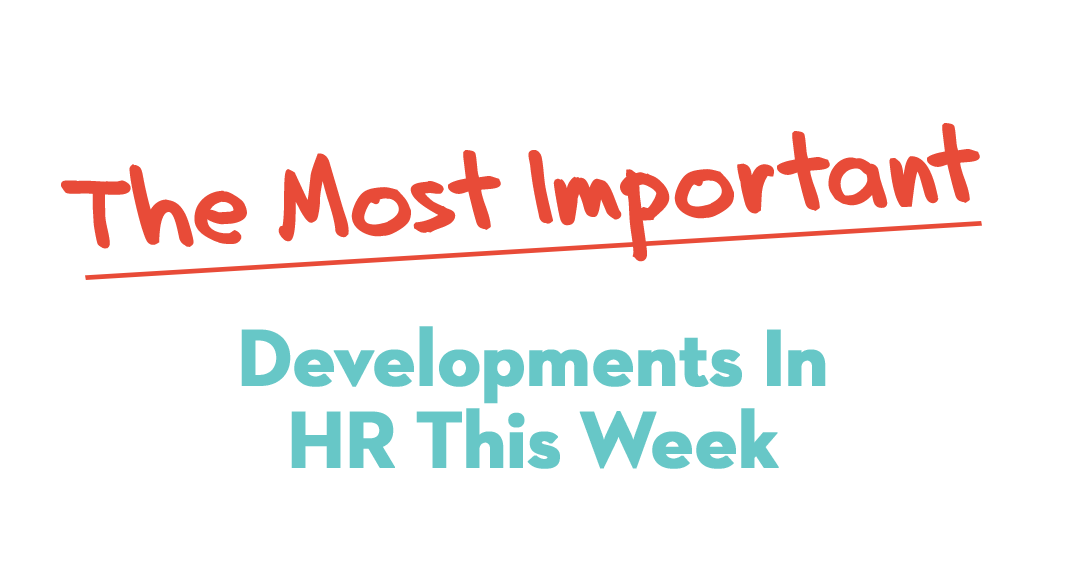
Illinois is set to join the growing list of states further protecting the rights of workers who have experienced sexual harassment, with the recently passed Workplace Transparency Act (WTA). The WTA addresses many aspects of workplace discrimination and harassment, such as limiting non-disclosure and non-disparagement clauses, excluding certain claims from forced arbitration, mandating sexual harassment training and reporting, and broadening the scope of the worker protections against discrimination and harassment. Last year, the state of New York and New York City enacted comprehensive state anti-sexual harassment legislation. As of 2019, California employers also have new obligations and restrictions related to sexual harassment issues. DLA Piper


Inc. has just put out its Female Founders 100 list, which highlights 100 women who are on fire in the business world this year. They’re scientists, creatives, MBAs, data nerds, and visionaries. For some, it’s the first time they’ve ever started a company. Others have been at this for decades. Dig into this list and the short descriptions of the businesses these women started, but only when you have some time. You won’t want to stop reading. Of special interest to HR types: Angela Antony, and her business Scoutible. It’s basically a video game for hiring, with the goal of preventing bad hires. While job candidates spend 20 minutes steering a character through an unfamiliar landscape, AI studies their behavior and assesses them on traits like risk aversion, mental toughness, and coachability. It then compares the results with those of the company’s best workers. Enterprise clients include the Dallas Mavericks, which used it to assess prospects ahead of the 2018 NBA Draft (Mark Cuban is also an investor). Inc.


Lots of buzz going on about a new book by Silicon Valley entrepreneur Tom Siebel about the future of work. In Digital Transformation, Siebel examines four technologies — elastic cloud computing, big data, artificial intelligence, and the internet of things — and how they’re disrupting workplaces and even government, fundamentally changing how business will be done in the future. He highlights how 3M, Enel, Royal Dutch Shell, and the U.S. Department of Defense and others are harnessing AI and IoT, and shows how these disruptive technologies are ushering in a new era in how business itself functions. Amazon


It’s the mother of all Associate of the Month perks! For the past seven years, Vancouver, Washington-based Vesta Hospitality has been running an Associate of the Month program called “Work Hard, Live Free.” Every month at each property of the hotel management company, one employee is chosen as Associate of the Month. At the end of the year, there’s a companywide party where one is selected to win free housing for a year. Vesta Hospitality Chairman and CEO Rick Takach said the program is very well received. “[The previous Associate of the Month program] needed some lift, so we started to think about how we could make it more impactful,” he said. “If you’re an hourly associate and all of a sudden your rent or mortgage is taken care of for a year, that’s a pretty big deal, and it seems to have gone over really well.” Takach said the success of this program is emblematic of a strategy that many organizations are undertaking to recruit and retain employees. Workforce


A breathtaking, in-depth look inside all of the headline-grabbing employee unrest at Google. For this article, WIRED spoke with 47 current and former Google employees. Most of them requested anonymity. Together, they described a period of growing distrust and disillusionment inside Google that echoed the fury roaring outside the company’s walls. But in many respects, Google’s most vexing threats during that period came from inside the company itself. Over the next two and a half years, the company would find itself in the same position over and over again: a nearly $800 billion planetary force seemingly powerless against groups of employees — on the left and the right alike — who could hold the company hostage to its own public image. Wired










